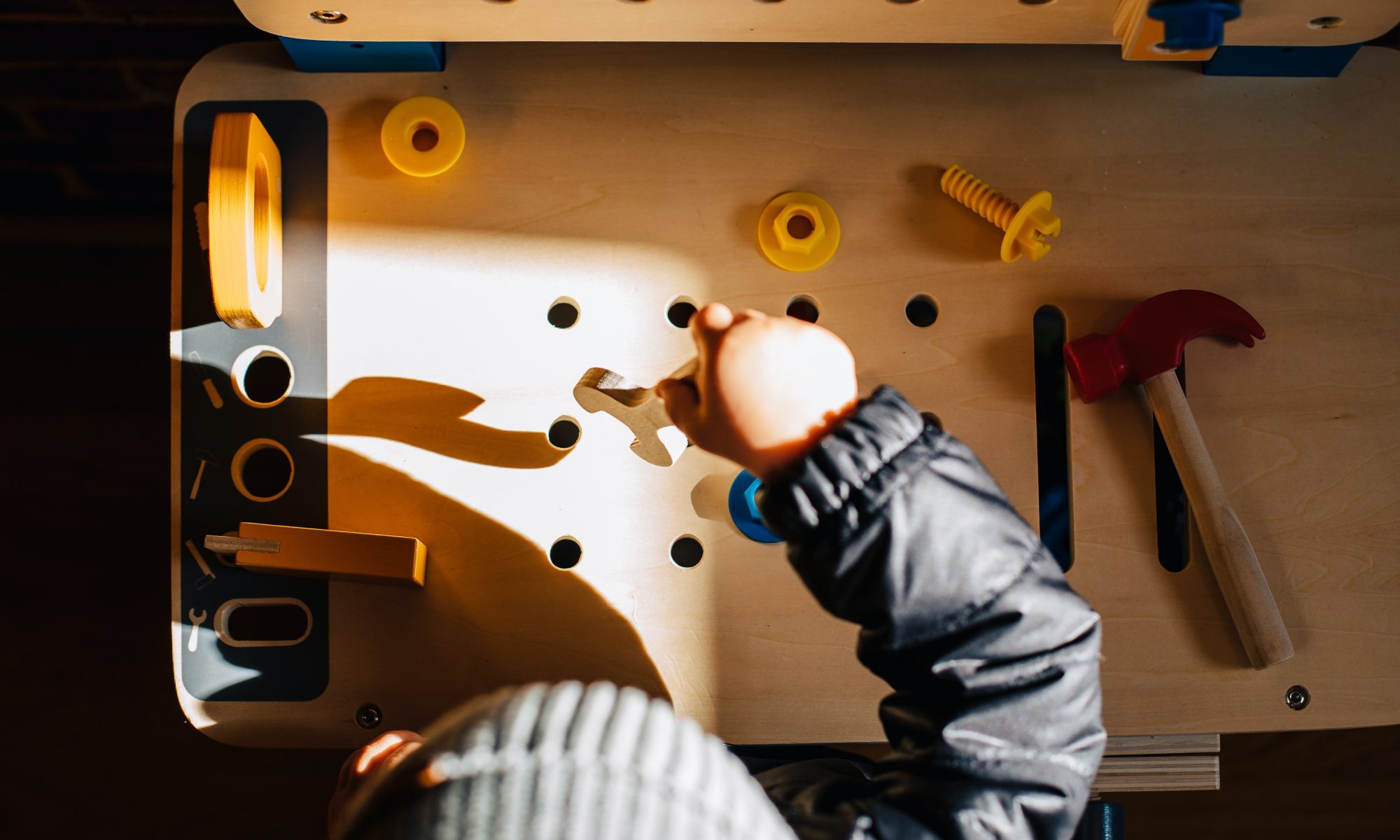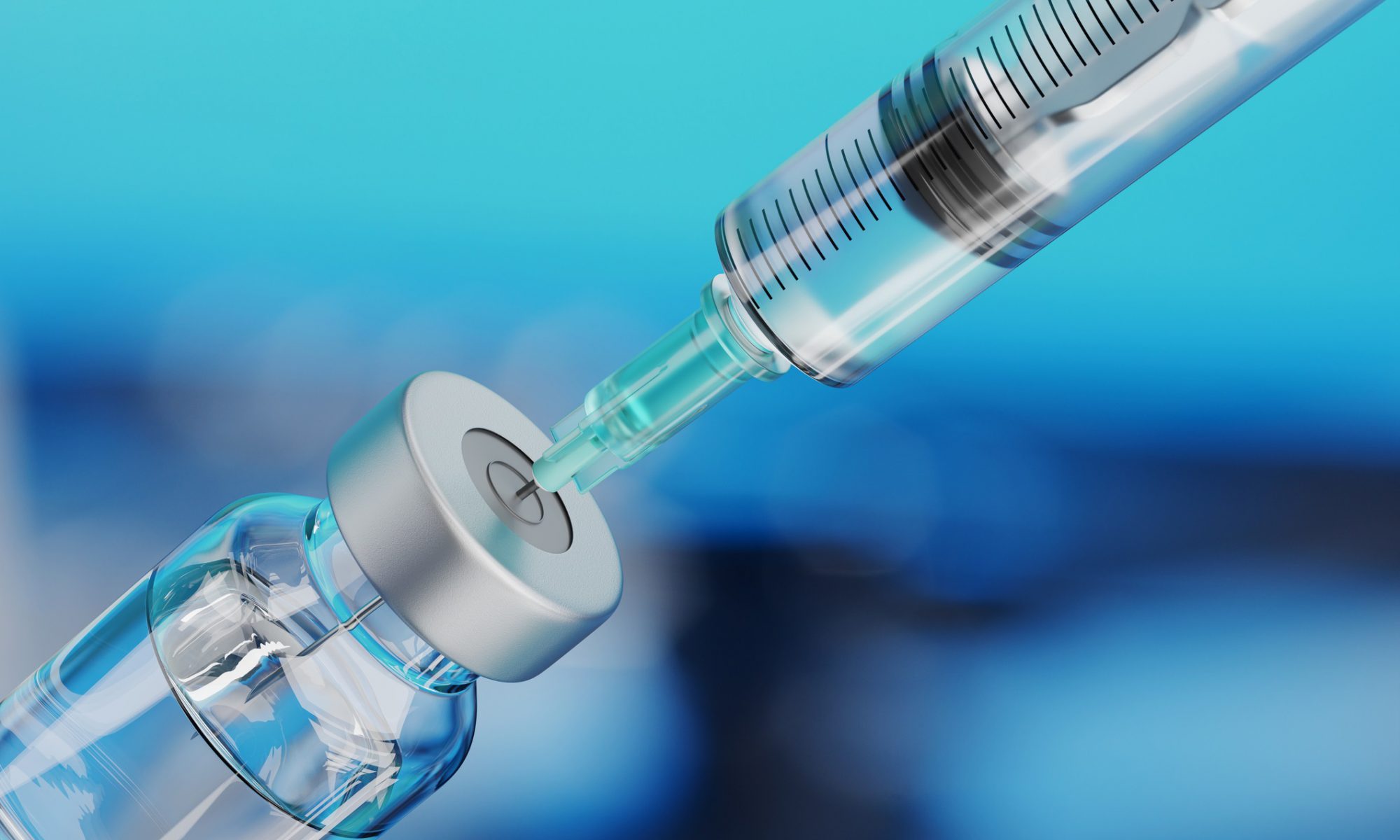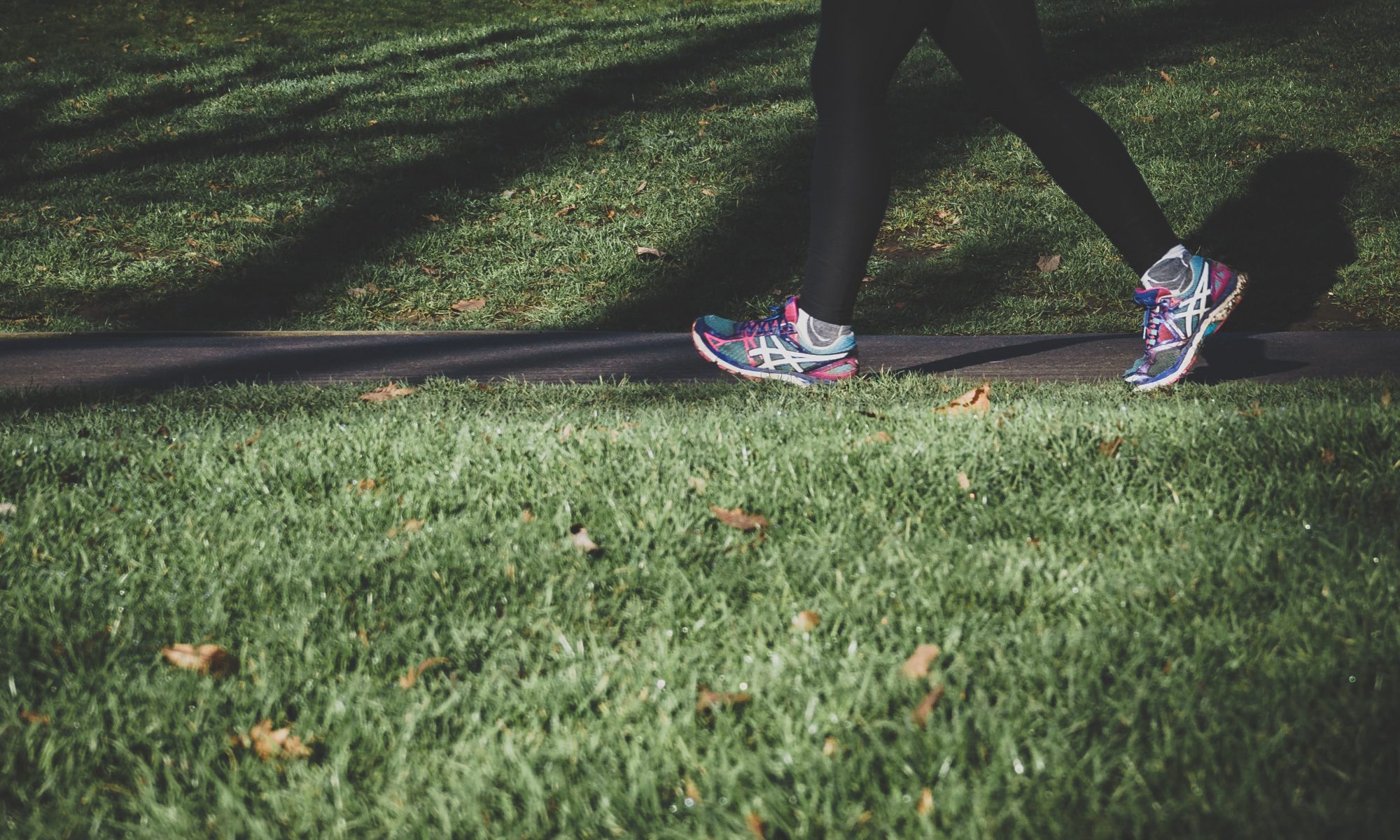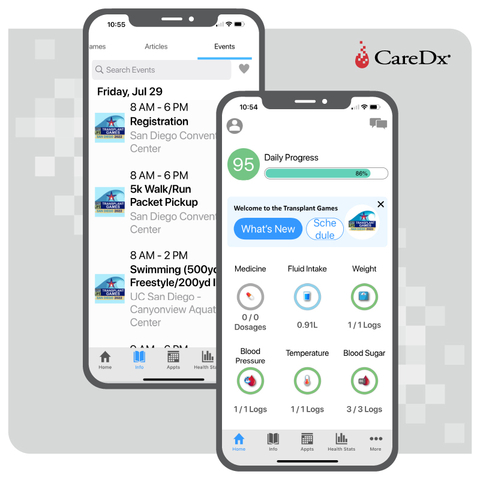Three pediatric patients with a rare genetic disease that causes kidney failure have successfully been treated with transplanted kidneys without using anti-rejection drugs or treatments.
Experts at Stanford University treated three children with a rare condition called Schimke immuno-osseous dysplasia (SIOD). This genetic condition not only causes a weakened immune system but also causes kidney disease, according to the Genetic and Rare Diseases Information Center at the NIH. Read more in Healthline.








